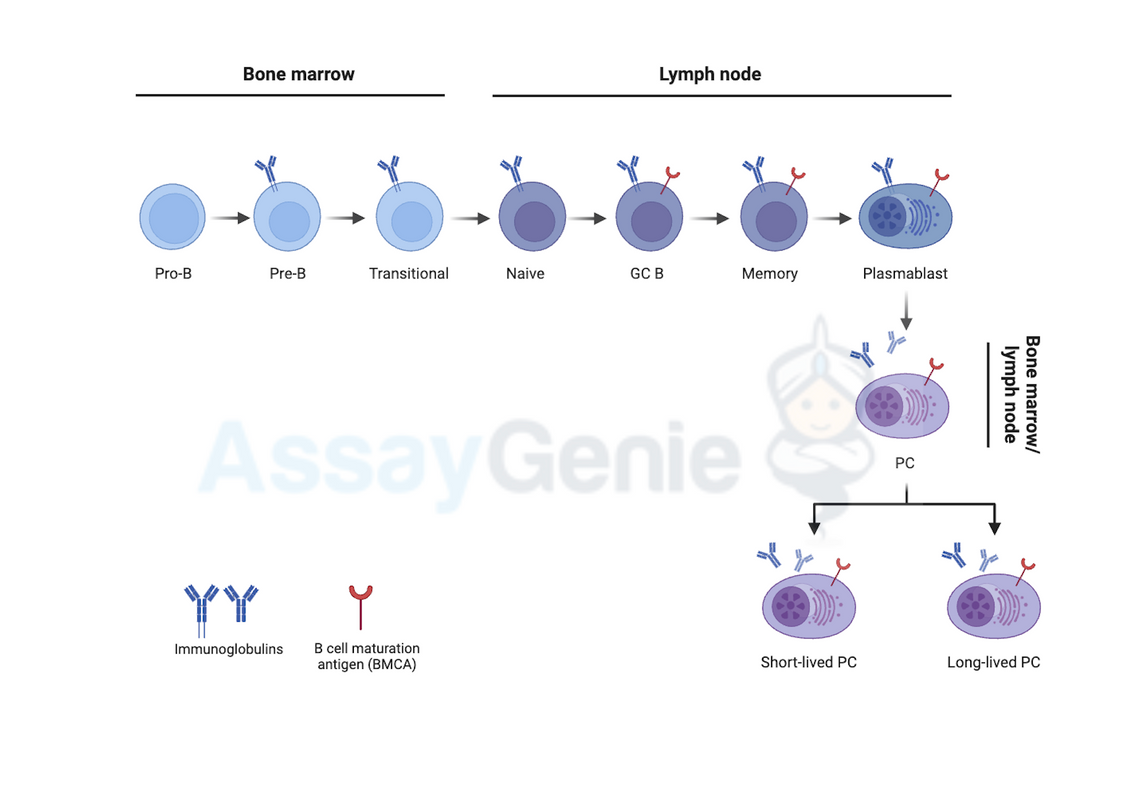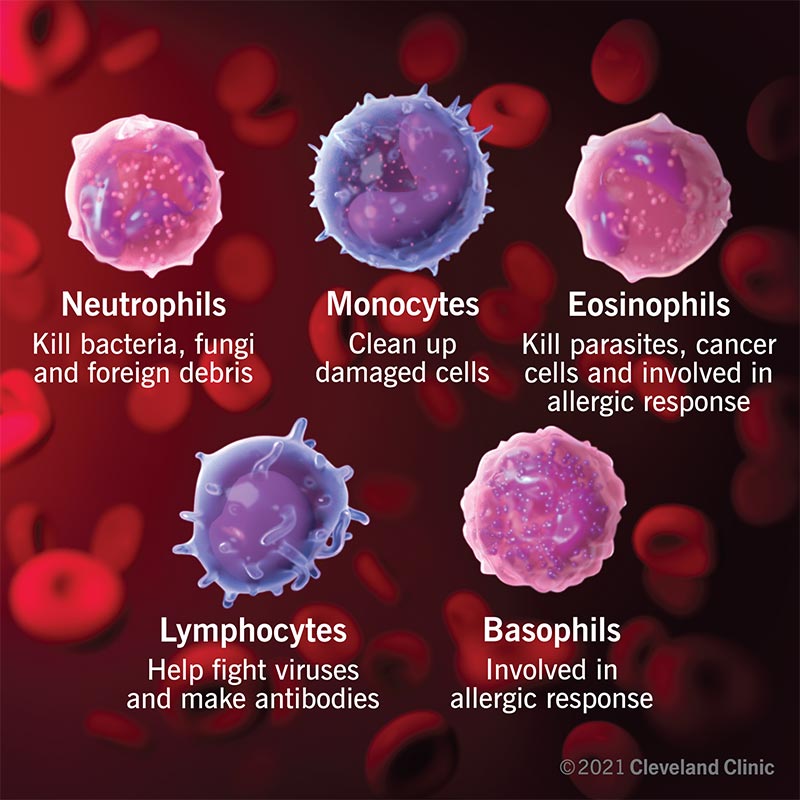In the human body, leukocytes, also known as white blood cells, play a crucial role in the immune system. These specialized cells work to protect the body from infections and diseases, and they come in different types, each with its own unique functions.
When it comes to antibody production, a specific type of leukocyte takes center stage in the process. This type of cell is known as a B lymphocyte or B cell.
Understanding B Lymphocytes
B lymphocytes are a vital component of the adaptive immune system, which is responsible for targeting specific pathogens that the body has encountered before. These cells are created in the bone marrow and are named after this site of origin, “B” for bursa of Fabricius in birds, where they were first discovered.
One of the primary functions of B cells is to produce antibodies, also known as immunoglobulins. These Y-shaped proteins play a critical role in identifying and neutralizing harmful substances in the body, such as bacteria, viruses, and toxins.

Credit: www.assaygenie.com
The Role of B Cells in Antibody Production
When the body encounters a foreign invader, such as a virus or bacteria, B cells play a crucial role in mounting an immune response. This process begins with the activation of B cells by the presence of specific antigens, which are unique identifiers found on the surface of pathogens.
Upon activation, B cells undergo a process known as clonal selection and expansion, where they multiply and differentiate into plasma cells. These plasma cells are specialized factories for antibody production and release large quantities of specific antibodies tailored to the invading pathogen.
Each B cell is capable of producing antibodies with a unique structure that matches a specific antigen. This diversity enables the immune system to recognize and respond to a wide range of pathogens, providing a powerful defense mechanism against infection.

Credit: my.clevelandclinic.org
Types of Antibodies Produced by B Cells
B cells can produce different types of antibodies, each with specific functions in the immune response. The five main classes of antibodies, known as isotypes, include:
- Immunoglobulin M (IgM): The first type of antibody produced during an initial immune response.
- Immunoglobulin G (IgG): The most abundant antibody in the bloodstream, providing long-term immunity.
- Immunoglobulin A (IgA): Found in mucosal areas such as the respiratory and gastrointestinal tracts, helping to prevent pathogen entry.
- Immunoglobulin E (IgE): Involved in allergic reactions and defense against parasites.
- Immunoglobulin D (IgD): Found primarily on the surface of B cells, playing a role in their activation.
Memory B Cells and Long-Term Immunity
After an initial infection or vaccination, a subset of B cells known as memory B cells is formed. These cells “remember” the specific pathogens they have encountered, allowing for a more rapid and robust immune response upon subsequent exposure to the same pathogen.
This ability to generate immunological memory is a key feature of the adaptive immune system and is crucial for establishing long-term immunity against specific diseases.
Frequently Asked Questions Of Which Type Of Leukocyte Is Responsible For Antibody Production: Essential Guide
Which Leukocyte Produces Antibodies?
Antibodies are produced by a type of leukocyte called B cells.
How Do B Cells Produce Antibodies?
B cells produce antibodies through a process called B cell activation and differentiation.
What Triggers B Cells To Produce Antibodies?
B cells are triggered to produce antibodies when they come into contact with an antigen, such as a virus or bacteria.
Can Other Leukocytes Produce Antibodies?
No, only B cells have the ability to produce antibodies.
Conclusion
In summary, B lymphocytes, or B cells, are the primary leukocytes responsible for antibody production. Through their ability to recognize specific antigens, undergo clonal selection and expansion, and differentiate into plasma cells, B cells play a critical role in mounting an effective immune response against pathogens. The diversity of antibodies produced by B cells, along with the formation of memory B cells, contributes to the body’s ability to develop long-term immunity, providing essential protection against infectious agents.
